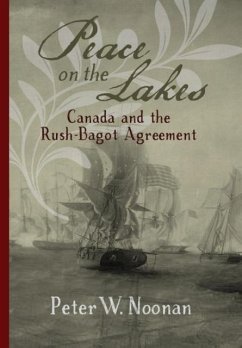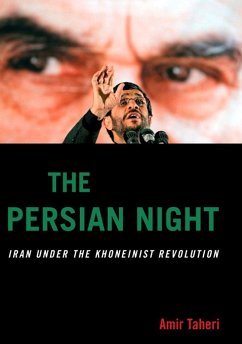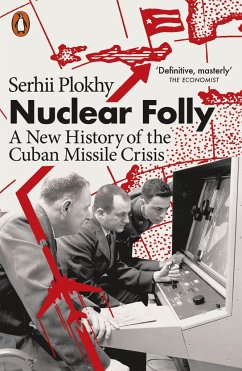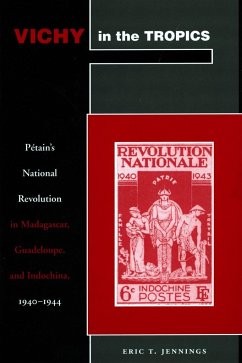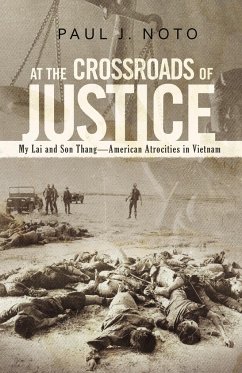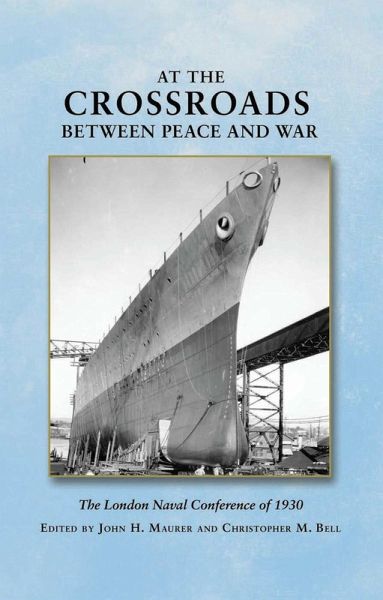
At the Crossroads Between Peace and War
The London Naval Conference of 1930
Herausgeber: Maurer, John H; Bell, Christopher M
Versandkostenfrei!
Versandfertig in über 4 Wochen
46,99 €
inkl. MwSt.

PAYBACK Punkte
23 °P sammeln!
This volume provides fresh perspectives on the international strategic environment between the two world wars. At London in 1930, the United States, Great Britain, and Japan concluded an important arms control agreement to manage the international competition in naval armaments. In particular, the major naval powers reached agreement about how many heavy cruisers they could possess. Hailed at the time as a signal achievement in international cooperation, the success at London proved short-lived. France and Italy refused to participate in the treaty. Even worse followed, as within a few years g...
This volume provides fresh perspectives on the international strategic environment between the two world wars. At London in 1930, the United States, Great Britain, and Japan concluded an important arms control agreement to manage the international competition in naval armaments. In particular, the major naval powers reached agreement about how many heavy cruisers they could possess. Hailed at the time as a signal achievement in international cooperation, the success at London proved short-lived. France and Italy refused to participate in the treaty. Even worse followed, as within a few years growing antagonisms among the great powers manifested itself in the complete breakdown of the interwar arms control regime negotiated at London. The resulting naval arms race would set Japan and the United States on a collision course toward Pearl Harbor.



